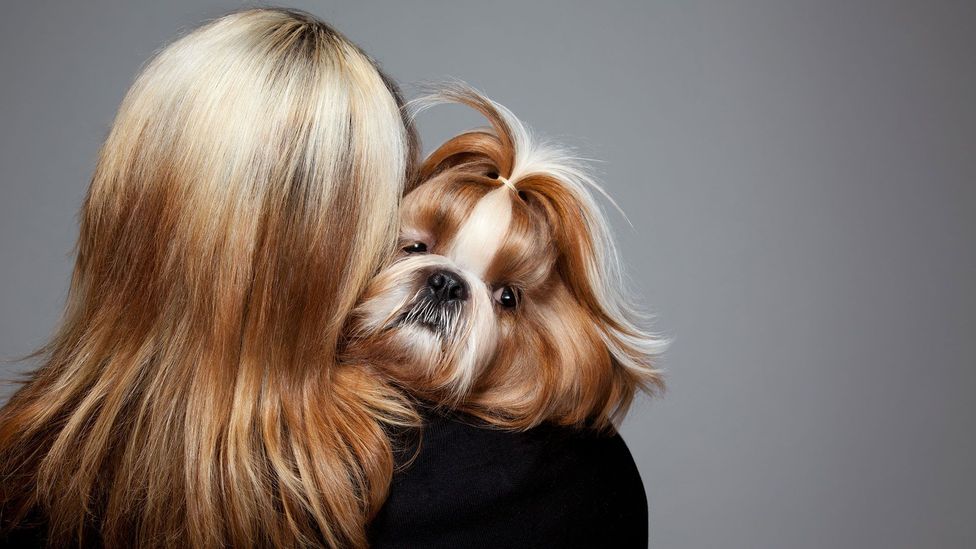The way a healthy dog behaves is individual and depends on its age, breed or type and past experience. However, most dogs are playful, sociable animals and they enjoy playing together with toys, people and other dogs. Changes in behavior may suggest that something is wrong with a dog’s health.

Play for dogs
Play is an important part of getting along with people and other dogs, and although dogs will spend some time playing alone with toys, they should have regular opportunities for interactive playing.
Dogs are intelligent animals and can suffer from boredom. If your dog is bored, and does not have enough to do, it may suffer or engage in inappropriate behavior.
Rest for dogs
All dogs, in particular puppies, need rest. However, individual dogs have different needs and some will sleep for long periods after exercise or food; others will need less rest and will be more active.
Exercise for dogs
A dog needs regular exercise and regular opportunities to walk and to run free under proper supervision.
The amount of exercise a dog needs varies with age, breed and health. Some breeds of dog need a lot of exercise and you should take account of this when choosing a dog. Young dogs may need to have their exercise restricted during periods of rapid growth, to avoid developmental problems. Exercising dogs in extremes of weather can lead to unnecessary suffering.

Training for dogs
Training a dog, including the house training of puppies, is important to help it learn to behave appropriately and to make it easier to keep under control. Puppies need to get used to the many noises, objects and activities in their environment, some of which are frightening when first experienced.
Social environment for dogs
Getting accustomed to its social environment is an important part of a puppy’s early experience and helps it to develop normal behavior. Good training can enhance a dog’s quality of life, but punishing a dog can cause it pain, unnecessary suffering and cause longer term behavioural problems.
What your dog needs to behave normally
You should:
- make sure your dog has enough to do so that it does not become distressed or bored
- make sure your dog has access to safe toys and suitable objects to play with and chew and that these activities are properly supervised
- make sure your dog can rest undisturbed when it wants to
- be aware that puppies and older animals may need more rest
- provide your dog with regular opportunities for exercise and play with people or other friendly dogs
- give your dog the exercise it needs, at least daily unless your vet recommends something else, to keep your dog fit, active and stimulated
- take advice from your vet or other suitably qualified dog care specialist If you are unsure how much exercise your dog needs
- get to know the behavior of your dog when it is fit and healthy
- seek veterinary advice if you become aware of changes in behavior, as your dog may be distressed, bored, ill or injured
- train your dog to behave well, ideally from a very young age
- only use positive reward based training – avoiding harsh, potentially painful or frightening training methods
- make sure children allow dogs to exhibit normal behaviors

No responses yet